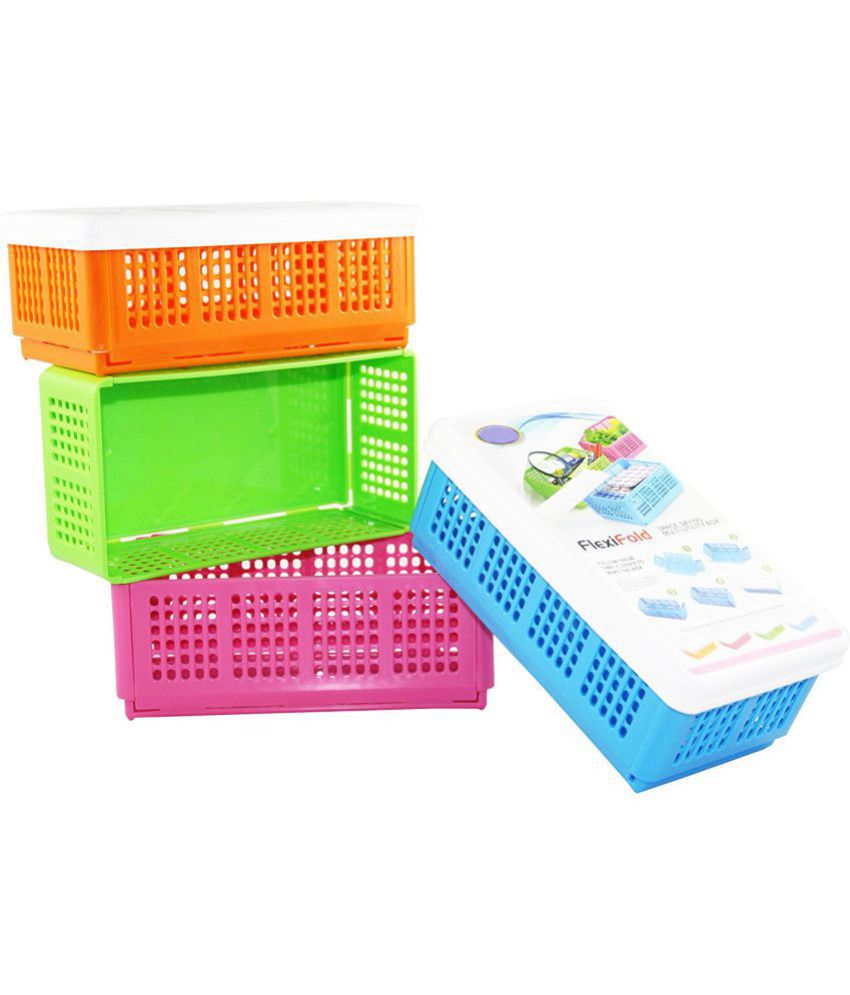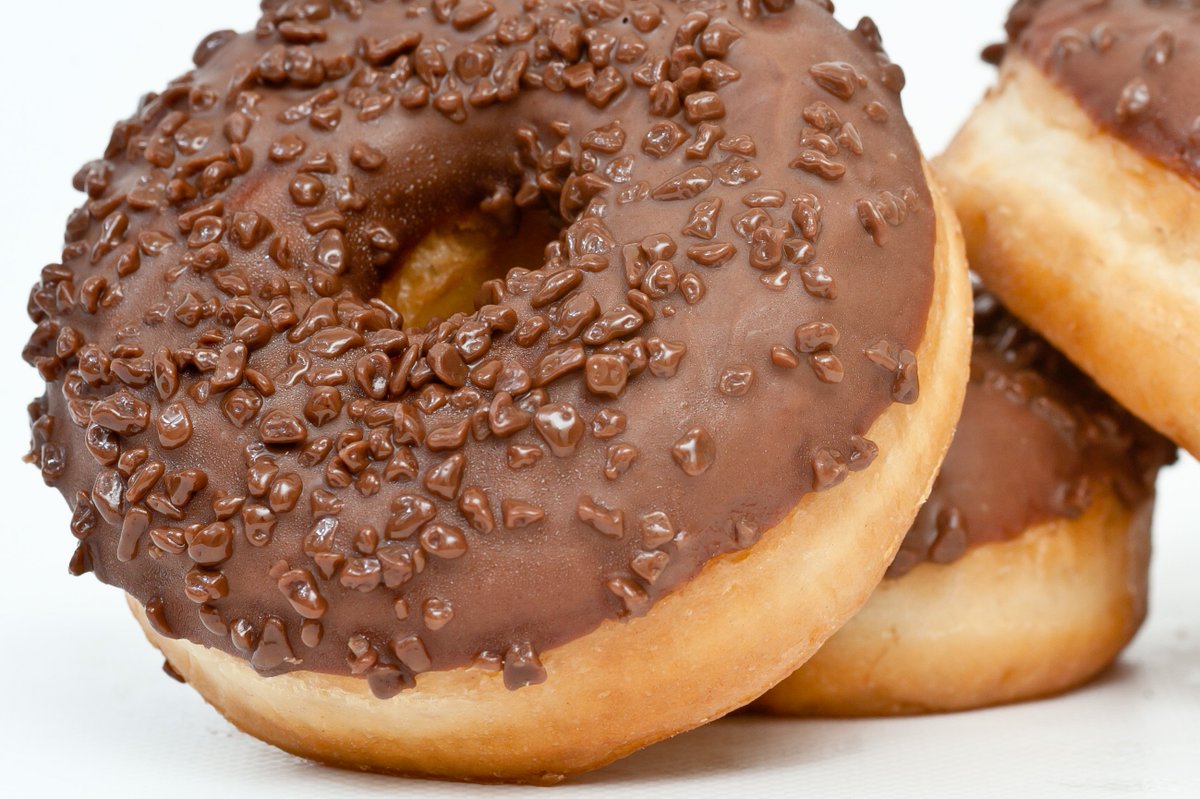
“When a user disposes of edible and non-edible food waste in the bin, our device prompts the user to describe the deposited items.

It will take on the appearance of an ordinary compost receptacle as distributed by public waste management services. To remedy this problem, the researchers would like to build a compost bin integrating artificial intelligence capable of taking into account consumers’ current behaviour. However, approaches to measuring post-consumer food waste are costly, time-consuming, prone to human error, and infeasible at a large scale.” It is also important to remember that food waste has a negative effect on the environment: as it is responsible for greenhouse gas and methane emissions.ĭonnelly explains in a press release, “At every other step of the agricultural supply chain, food waste is tracked, measured, and quantified.

The project led by Patrick Donnelly, assistant professor of computer science in the OSU College of Engineering, seeks to solve the problem of food waste.Īccording to a survey reported on by Forbes, Americans throw away more than US$400bil (RM1.77 trillion) worth of food each year, while a majority live in food insecurity. This project is supported by the Foundation for Food & Agriculture Research Foundation (FFAR), Kroger Co, Zero Hunger and the Zero Waste Foundation.

This invention aims to help consumers to be more aware and vigilant when it comes to food waste.Ī team of researchers from Oregon State University in the US has just received funding to design a smart compost bin to track Americans’ food waste. An American university has received the green light to develop a smart compost bin, capable of tracking food waste generated by American households.


 0 kommentar(er)
0 kommentar(er)
